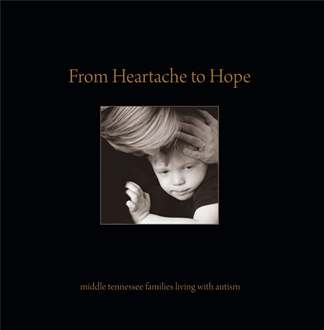Greeting blog peeps! Thank you for being here and reading. Obviously, remote blogging during our honeymoon did not happen. I didn't have it in me. We came back one week ago and it took that much time to stop feeling fatigued. Not that our wonderful 12 days in the gorgeous Pacific Northwest was fatiguing. I think it was emotional and bodily collapse ending a summer of constant movement–moving, unpacking, getting married in newly unpacked house, managing a hectic work-camp schedule for Grace meanwhile, and then going away for two weeks.
Just as I unapologetically could not muster creative juices to write here while on my honeymoon, this last week, the time was packed and the juices would not eek. They still are a bit dry. That's not like me. But, I forgive myself. And, in the meantime, while creativity is low, my mental hard drive that has been searching for something to post and the energy to post it….this fits well and deserves a spot just here. Thanks to the Facebook post of a advocate extraordinaire and friend:
"Mikulski, Enzi Applaud Passage of Rosa's Law
D.C. – U.S. Senators Barbara A. Mikulski (D- Md.) announced that her
bill introduced to eliminate the terms “mental retardation” and
“mentally retarded” from federal education, health and labor laws passed
the Senate on Thursday night by unanimous consent. Senator Mike Enzi
(R-Wyo.), ranking member of the Senate Health, Environment, Labor and Pensions Committee, was one of the original co-sponsors.
“This bill was driven by a passion for social justice and a compassion for the human condition,” Senator Mikulski said.
"The
inspiration for the law came from the actions of a family in Edgewater,
Maryland. Last year, a mother of four named Nina Marcellino found out
her youngest daughter, Rosa, a child with Down syndrome, had been
labeled retarded at school. Nina didn’t allow the R-word in her house,
and none of her children described their sister that way. Nina teamed up
with other parents and her state delegate to introduce a bill to change
the terminology in Maryland state law. Before
the bill was brought up for consideration in the Maryland General
Assembly, they held a hearing on the implications of changing the term.
"There
were several witnesses at that hearing, but the testimony that had the
greatest impact was given by an 11-year-old boy: Rosa’s brother, Nick.
“What you call people is how you treat them,” Nick said. “What you call
my sister is how you will treat her. If you believe she’s ‘retarded,’ it
invites taunting, stigma. It invites bullying and it also invites the
slammed doors of being treated with respect and dignity.”
Read more here.





And here is how I posted this in my client social media site: “From the outside looking in, people like me are sometimes seen as hyper-sensitive or high on political correctness steroids. But the 11-year-old brother of a girl with Down syndrome says it perfectly when he testified before a senate hearing to abolish use of the “R” word. “What you call people is how you will treat them. Story follows….